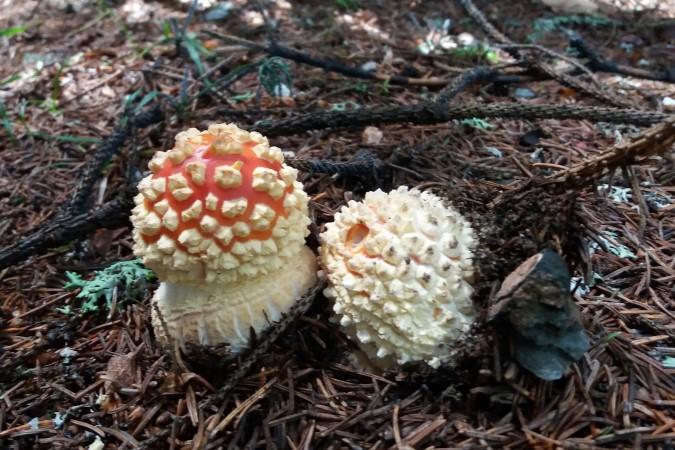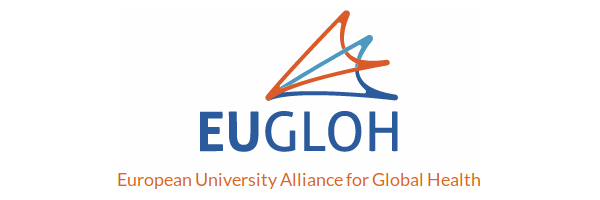Kurs om soppens rolle innen ernæring og dens medisinske virkning / Course about the role of fungi in nutrition and its medical use


NORWEGIAN:
Ønsker du å lære om hva som skiller spiselige fra giftige sopp eller hvordan sopp kan ha en medisinsk virkning? Fra april til mai i 2025 holder University of Novi Sad et kurs hvor du kan bygge kunnskap om en organisme som kan brukes til mange formål.
ENGLISH:
Do you want to learn about what distinguishes edible from poisonous mushrooms or how fungi can have therapeutic properties? From April to May 2025, the University of Novi Sad is holding a course where you can build knowledge about an organism with many uses.
NORSK:
Dato: 5. april 2025 – 31. mai 2025 (19:00)
Sted: Novi Sad, Serbia
Vertsuniversitet: University of Novi Sad (UNS)
Modus / type aktivitet: Kurs (både digitalt og fysisk)
Målgrupper: Bachelor- og masterstudenter og stipendiater
Varighet: 5 dager
Dokumentasjon av deltakelse: 5 ECTS
Språk: Engelsk
Vurdering av søkere: Kvalitativ
Internasjonalt kursbevis: Ja
Søkerkriterium: 100 prosent motivasjon
Søknadsfrist: 26. januar 2025
Mål for kurset:
Dette kurset har som mål å gjøre studentene kjent med betydningen av sopp både som organismer brukt i ernæring og medisin og som mikroorganismer som kan produsere giftstoffer skadelige for menneskers helse.
Studentene vil lære om de grunnleggende morfo-anatomiske trekkene ved spiselige sopper, deres ernæringsverdi, viktige medisinske og giftige arter, kjemien til giftige stoffer, forgiftningssyndromer og førstehjelpstiltak.
Teoretiske kursemner:
Praktiske aktiviteter:
Innhold og metodikk:
Praksis:
Denne aktiviteten er en del av EUGLOHs arbeidspakke 2

EUGLOH er en allianse mellom ni europeiske universiteter som legger til rette for mobilitet knyttet til forskning, undervisning og innovasjon. Alliansen støtter opp under aktiviteter, prosjekter og programmer som retter seg mot globale helseutfordringer. Denne virksomheten krysser fagdisipliner og har et spenn som også går utenfor den medisinske sektoren.
ENGLISH:
Date: 5 Apr 2025 16:00 - 31 May 2025 (19:00)
Location: Novi Sad, Serbia
Host university: University of Novi Sad (UNS)
Mode / type of event: Course, blended (both digital and in-person)
Target groups: Master students, PhD students, Undergraduate students
Duration: 5 days
Recognition: Transcript of records - ECTS
Language: English
Recruitment of participants: Qualitative Assessment
Is eligible to international certificate: Yes
Evaluation criterium: 100% - Motivation
Application deadline: 26 Jan 2025
Course Objective:
This course aims to familiarize students with the significance of mushrooms as both beneficial organisms used in nutrition and medicine (functional food) and as microorganisms capable of producing toxins harmful to human health. Students will learn about the basic morpho-anatomical features of edible mushrooms, their nutritional value, key medicinal and toxic species, the chemistry of toxic substances, poisoning syndromes, and first aid measures.
Theory topics:
Practical activities:
Content and methodology:
Practice:
This activity is part of EUGLOH's Workpackage 2

EUGLOH is an alliance between nine European universities that facilitates mobility related to research, teaching, and innovation. The alliance supports activities, projects, and programmes that address global health challenges. This crosses disciplinary boundaries and spans beyond the medical sector.